Novelist Elan Barnehama's latest book Finding Bluefield tells the story of lesbian love set amidst the politics of the 1960s and we have an excerpt.
Here's a synopsis:
In the summer of 1960, when Barbara Phillips arrives in Bluefield, Virginia, to begin her medical residency, she thinks she is headed for an uneventful few years filled with work in an obscure little town where no one knows her—which is exactly what she wants.
Everything changes when she enters Nicky’s diner and begins a journey that will last a lifetime as she falls in love against her better judgment and best-laid plans. The free-spirited Nicky later attends the 1963 March on Washington and impulsively and anonymously sleeps with a man in hopes of getting pregnant and starting a family with Barbara. When Nicky gives birth to Paul, her sister steps in to adopt Paul for his own “protection.”
Nicky, Barbara, and Paul escape Bluefield and make a life in upstate New York, only returning to Bluefield years later upon hearing of the death of Nicky’s sister. As their journey comes full circle, Barbara, Paul, and Nicky find their return to Bluefield is the catalyst for facing family secrets and forging family ties.
Finding Bluefield - Chapter One
The screen door handle was hot to the touch as Barbara grabbed hold and pulled. Inside the Bluefield Diner, two large fans faced each other from across the room and tried to stir things up.
The waitress looked up from behind the register. “Sit anywhere you want, darling,” she said, taking a sip of iced tea. Barbara found a seat at the counter, ordered a slice of blackberry pie and coffee, and tried not to think about procedures or protocol or anything. Around her, the air was thick with the fragrance of fried onions, pork, biscuits, ham, hominy. A chalkboard listed side orders of collards and mustard greens and turnips. She yawned and lifted her coffee as two police officers entered the diner and removed their hats.
“Hot enough for you boys?” the waitress asked.
more on next page...
\\\
(continued)
“It’s so hot,” one officer said, “I saw a dog chasing a cat, and they were walking.” The waitress went back to adding receipts.
Barbara’s first bite of pie took her by surprise, baffling her taste buds with a combination of flavors and aromas that she couldn’t identify but wanted to keep experiencing. With pie like this, she decided, she would certainly be passing on the hospital cafeteria as often as possible. She scooped up another forkful of pie and listened to the dropped consonants, the elongated vowels, the unhurried speech that surrounded her. She sipped her coffee and became lost in the soothing symphony of the unfamiliar accent and didn’t notice that someone was talking to her. Slowly, she turned her head toward the voice, still not hearing the words.
“I was saying that I made the pie,” a woman repeated. She was holding a plate of fries and gravy. Her brown hair, pulled back and braided, reached most of the way down her back.
“The pie?” Barbara stared into a pair of sea green eyes.
“Yes. I made it.” The woman sat a few seats from Barbara. Barbara withdrew her gaze and put her coffee down.
“Do you know how good this is? It’s incredible. And the crust. It’s perfect.”
“Thanks.” The woman shook a cigarette from its pack and slipped it between her lips. She offered one to Barbara who declined. She reached into her jeans for matches. “So where’re you from?” She struck a match and touched its flame to the cigarette.
Barbara turned away and lifted her cup. That didn’t take long, she thought as she took a deep breath and inhaled some coffee.
“I’m asking because you never had my pie.” When Barbara still didn’t respond, the woman continued. “I’m kidding. We get a lot of folks visiting relatives at the hospital, and they come here to get away. And your accent.” The woman slid her plate along the counter and took the stool next to Barbara. “I can’t place it.” She rested her cigarette in the ashtray and extended her hand toward Barbara. “Nicky Stewart.”
“Ohio.” Barbara shook Nicky’s hand.
“So, Ohio, what brings you to the Bluefield Diner?” Nicky said. “The pie.” “I get that a lot.” Barbara removed her hand from Nicky’s grip. “I came here to get away too. I
work at Bluefield Hospital.” This conversation was already more extensive than anything Barbara had in mind when she decided to venture out of the hospital. After two weeks of cafeteria food, she was simply looking for a change of scenery. What she found was the best pie of her life, but now she began contemplating two years of pie-less hospital cafeteria meals.
“Really? You moved here from Ohio to work at the hospital?” “Manhattan. The accent is Ohio.” “Must be a good job.”
“Yes.” Barbara was thinking that this would be a good time to leave. She could do that. She could simply say that she had to get back to work and just stand up and leave and never come back. But those green eyes were fixed on her, and her legs stayed put. Those green eyes made her say, “I’m doing my residency.”
“Medical residency?” “Yes.” “No kidding?” “No.”
Nicky stood and slipped behind the counter. “A woman doctor. That’s great.” She topped off both her and Barbara’s coffee. “Is it unusual? I mean, it is around here, but is it unusual other places?”
“It’s not uncommon.” “Good for you,” Nicky said, nodding her head. “I would go to a woman doctor.” “That’s good to know.” This is not going to go well, Barbara thought. “Your husband get a job here too?” And there it was. Barbara took a sip of coffee. “There’s no husband.” “Really?” Nicky returned to her plate of fries, sitting back down next to Barbara.
“How do you like Bluefield so far?” “If by Bluefield you mean the airport and the hospital and now this diner, then it’s
fine.” “It’s a lot nicer than fine. You need to see more, Dr. Ohio Manhattan.” “Barbara.” “Well, Dr. Barbara, you must see more.” Nicky stuffed her hands in her jeans. “I can show you. I know everything there is to know about Bluefield, and the rest I just make up.”
“Thanks. But I don’t have much free time. Maybe when I’ve settled in.” Her head swirled with confusion. Did Nicky know what she was doing or was this simply that mythical Southern hospitality? What they were doing might make sense in New York, but she was in Virginia, for God’s sake. Barbara stood. It was past time to leave. She reached in her pocket for some money.
more on next page...
\\\
(continued)
“Sure. I know they work residents hard,” Nicky said, “but if you don’t take breaks, you’ll never last. I’ve seen it happen. What time you get off?”
“I finish a double shift at four thirty,” Barbara said. “It’ll have to wait for some other time.”
“Four thirty is perfect. You can rest in the car. I love to drive.” Nicky stood and turned toward the kitchen. “I’ll meet you out front,” she called out as she pushed through the swinging doors that led into the kitchen.
Out in the parking lot, Barbara inhaled deeply and kicked the dirt into a dust cloud. Traffic on 147 was heavy as she waited for the light to change. Chevys and Fords mostly. The high August sun sent beads of sweat down her brow, and she shielded her eyes with her left hand. When the light turned green, she ran across the road, back to the hospital.
Fighting fatigue, Barbara sat on the bench in the nurses’ dressing room and hurried to tie her sneakers. Several nurses had already made it clear that they didn’t like sharing their space with a woman doctor. But the hospital only had a male doctors’ changing room, and the Chief of Medicine wouldn’t allow her to change there, so she was forced to use the nurses’ space. And since new residents relied upon the nurses for help, Barbara avoided being in their room during shift changes. She grabbed her bag and took the stairs to the ground floor where she stopped suddenly. Nicky was waiting outside the hospital entrance. She had forgotten the plan, or at least did not think Nicky was serious. Barbara was about to turn back into the stairwell when Nicky waved.
“I like the convertible,” Barbara said as she approached Nicky. “But really, I don’t think this is a good time.”
Nicky leaned over and pushed the passenger door open. She had the Chevy Bel Air’s top down and the windows up. “When’s your next shift?”
“I have twelve hours off,” Barbara said. “No problem. I’ll have you back in plenty of time.” “But I need to sleep.” “You’ll unwind in the car, and then I’ll take you home and you’ll get some sleep.
You’ll sleep better after you get some fresh air. Trust me.” Barbara noticed the pile of Kennedy for President leaflets on the floor mat. “Don’t worry about those,” Nicky said. “Is it always this muggy around here?” Barbara asked. She pushed the pamphlets
to one side as she sat down. “Only in the summer.” Nicky slipped into first gear. “Sometimes in the fall. But
only a little in the spring and rarely in the winter.” “So you’re supporting Kennedy?” Barbara lifted a flyer from the floor. Nicky removed a pack of cigarettes from her shirt pocket and shook one between
her lips. “How can you tell?” She didn’t offer one to Barbara. “Who do you like?” “They’re all the same. I don’t vote.” “Nixon and Kennedy? I don’t think so.” Nicky turned onto Main Street. “Pay
close attention here. This part of town goes by fast,” she said, pointing out the Montgomery Ward, the Five & Dime, the Squire Theater that was showing Jack Lemon in The Apartment, Laura Lee’s Beauty Salon, Bluefield Hardware that was having a paint sale, and the Smokehouse Restaurant. “They couldn’t be more different.” Nicky continued as she made a left turn and headed away from town.
“Who?” Barbara yawned. “Sorry.”
“Roll down your window and let the wind blow through your hair. It’ll feel good. And while you’re doing that, I’ll explain to you how Nixon and Kennedy are different.”
“They might have their differences,” Barbara said, “but I’m saying that politicians are all alike.” Barbara took off her glasses and exchanged them for some sunglasses.
Nicky shifted into high gear. “Did you want to be a nurse when you were a kid?” “I never wanted to be a nurse.” “Because not many girls grow up wanting to be doctors.” “In the Soviet Union, where doctors aren’t as rich, half the doctors are women,”
Barbara said. “Anyway, no. I never wanted to be a nurse.” “Okay, so you always wanted to be a doctor. You must have been an interesting
little girl.” “I didn’t always want to be a doctor.” “What did you want to be then?” Nicky asked. “I wanted to be a cartoonist.” “Comics or funnies?” “Funnies,” Barbara said. “I drew a strip in high school. I was the editor of the
school paper. I drew one in college too. But I wanted to be able to support myself.” “So you picked doctor?”
“Pays better than cartoonist, and I was good at sciences. I like knowing how things work. I like figuring out ways to fix things.”
Elan Barnehama was raised in New York City and now live in Northampton, MA. He received an MFA from the University of Massachusetts, Amherst, and a BA from Binghamton University and has taught writing and literature at several colleges, been the writer for a university president, led community based writing workshops, coached high school varsity baseball, was a weekend radio news announcer, and a short order cook. He’s written two screenplays and is at work on a new novel set in NYC during the Vietnam War. He can be reached at elanbarnehama.com
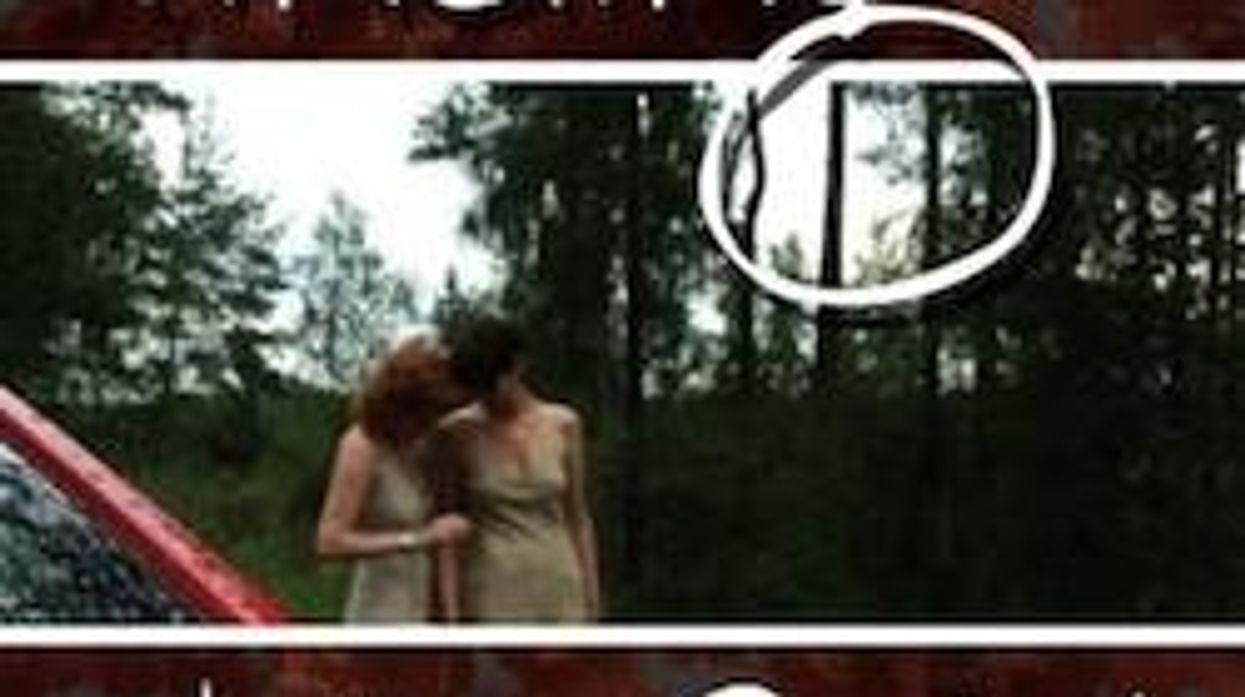

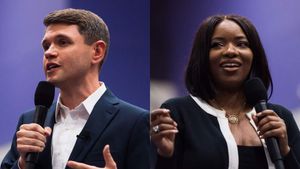




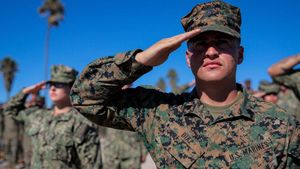
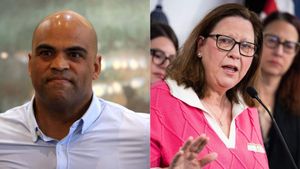
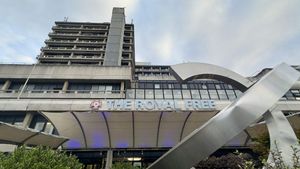
















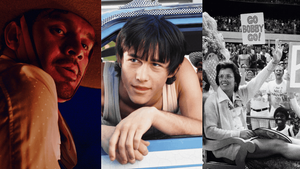






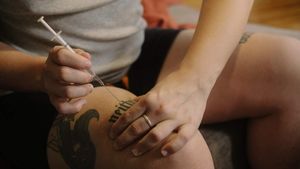







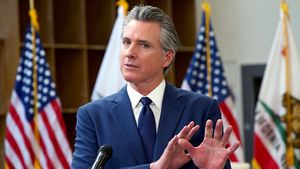
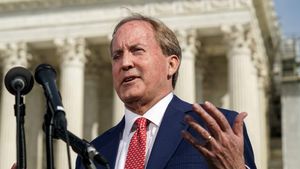

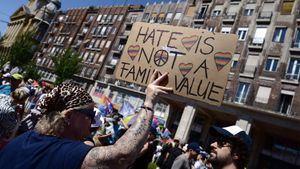

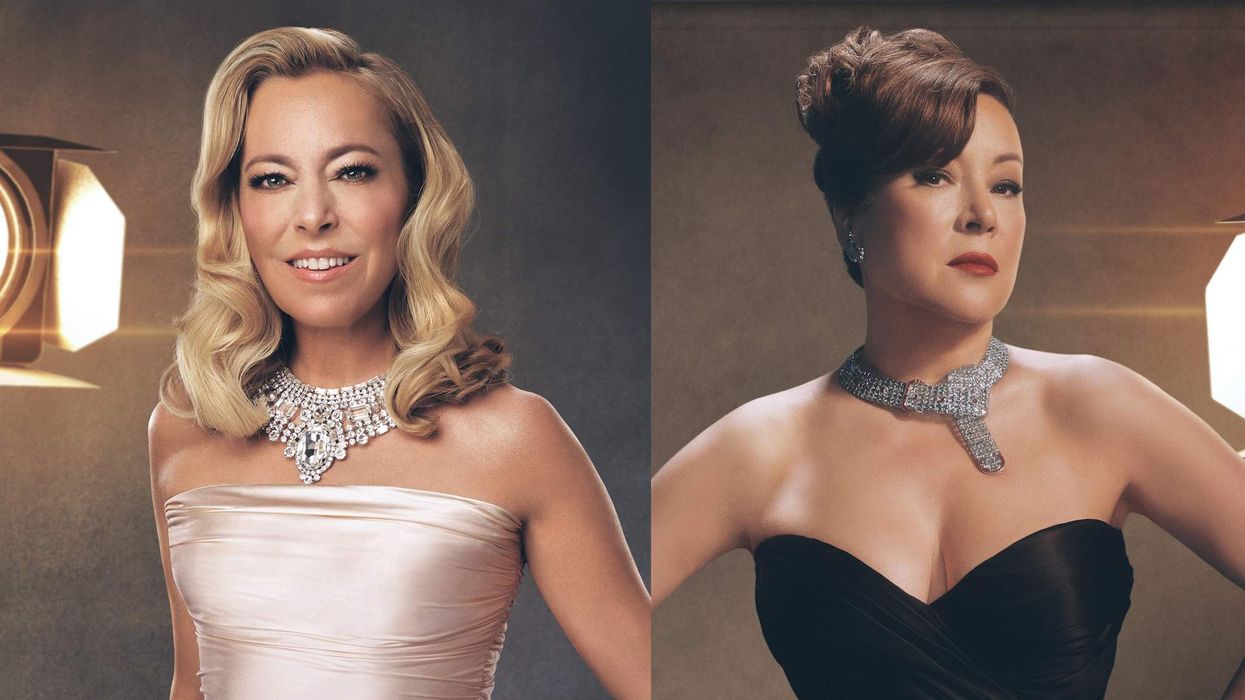
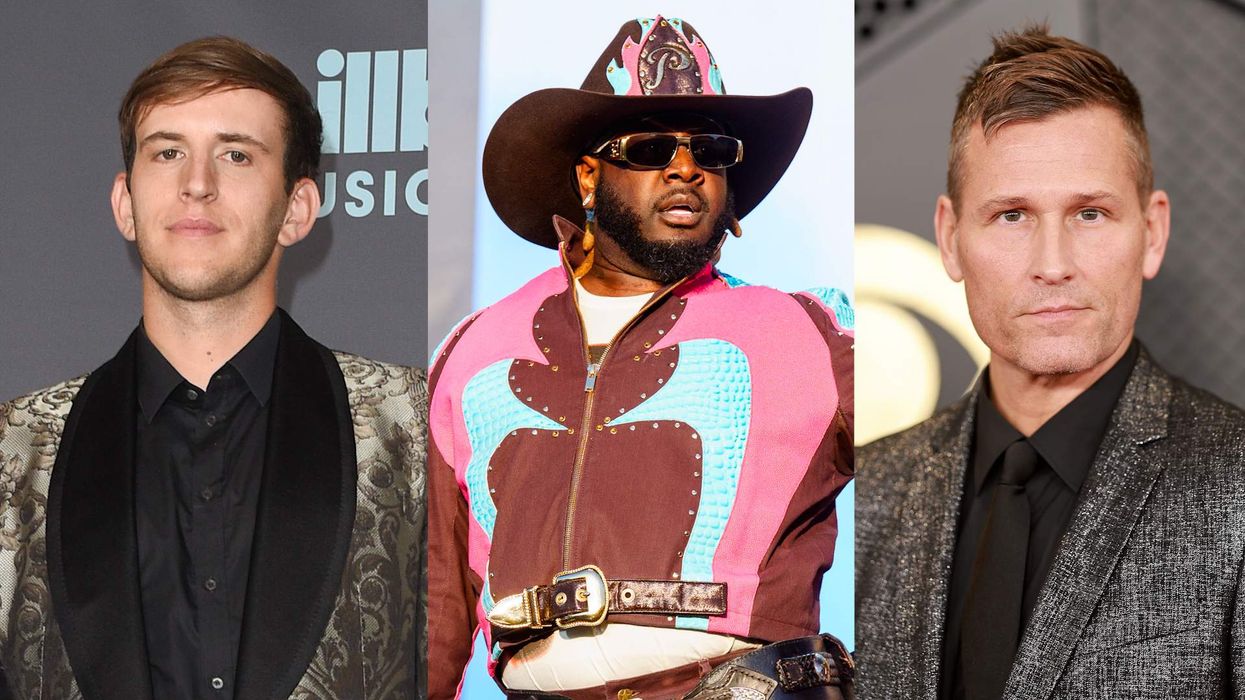

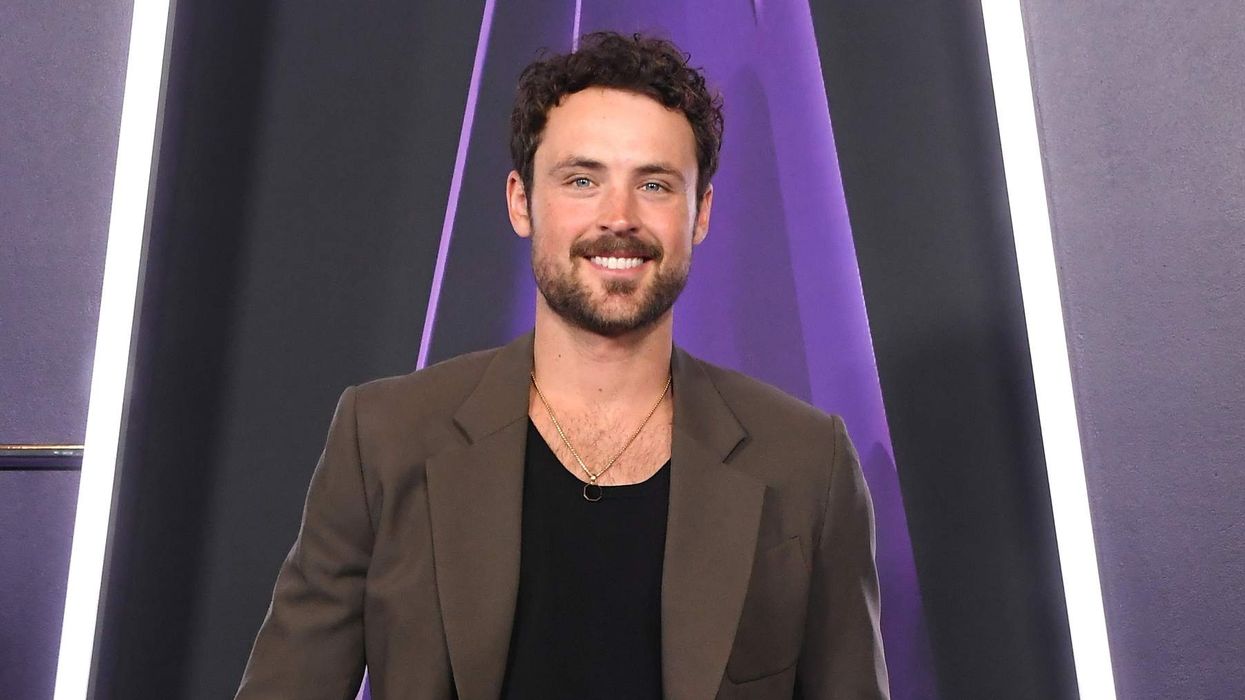
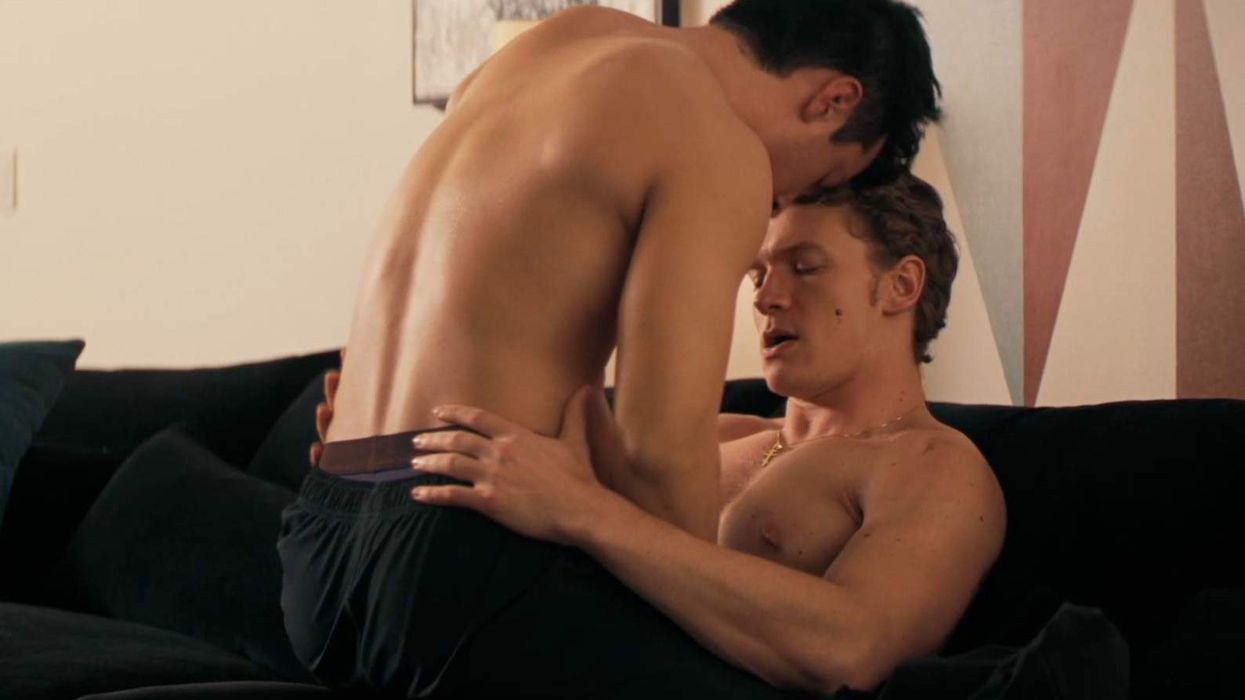



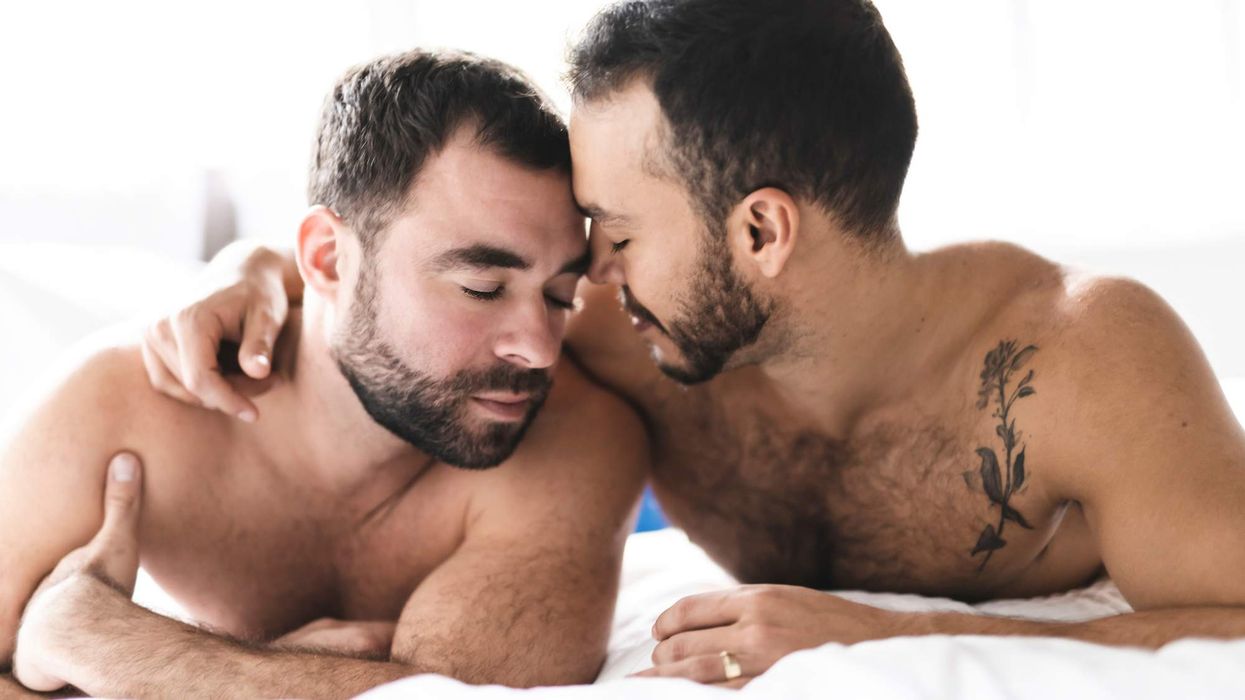
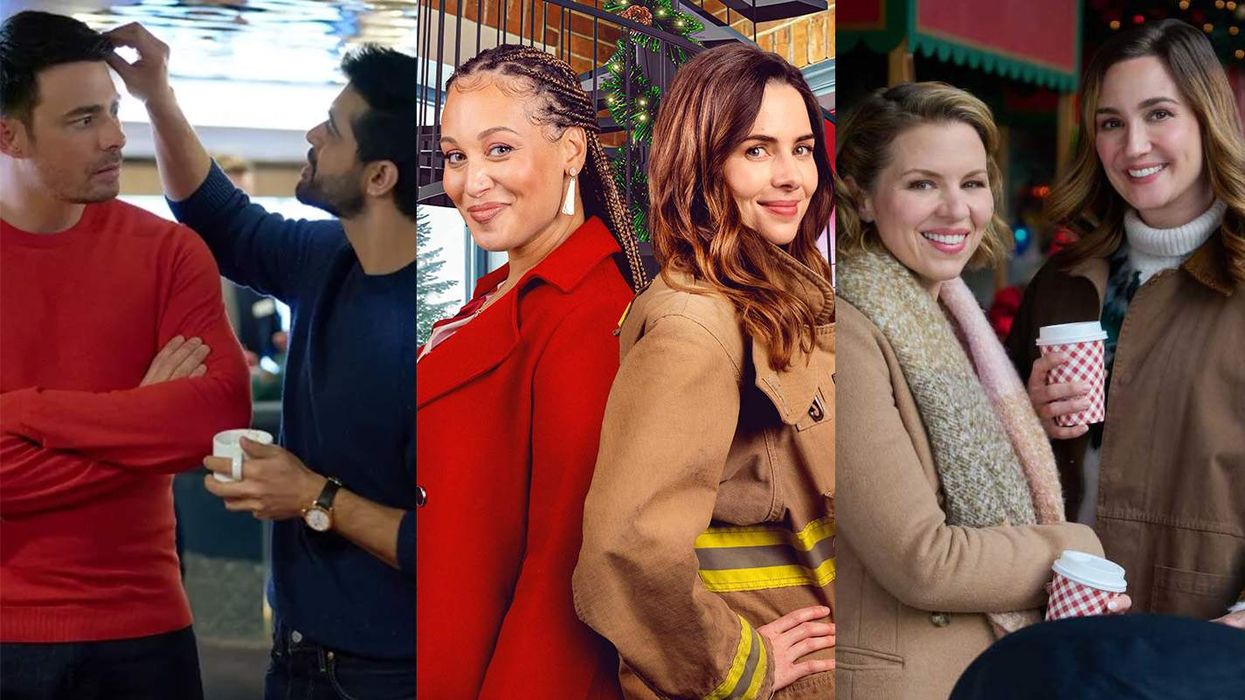































 Cindy Ord/Getty Images
Cindy Ord/Getty Images























